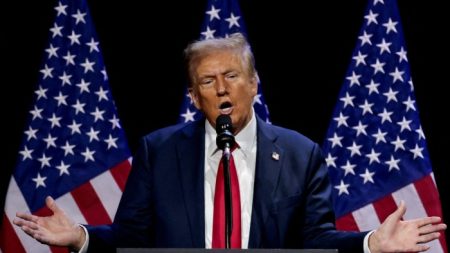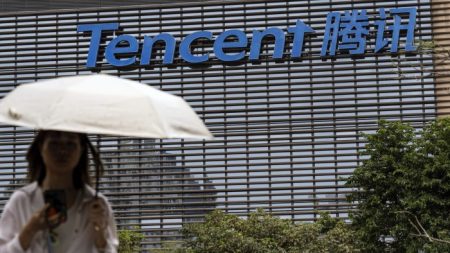Stay informed with free updates
Simply sign up to the Technology myFT Digest — delivered directly to your inbox.
There has been much talk about the importance of free speech in recent weeks — and for understandable reasons: having the freedom to speak out without fear of punishment or censorship is tested in times of crisis. But in a world in which much of our discourse takes place online, can free speech still do the work it used to? What if, by seeing it as some kind of end in itself, its defenders actually miss what makes it so valuable?
Perhaps the loudest proponent of freedom of speech these days is Elon Musk, who — despite not always sticking to the principle on his own platform — calls himself a “free speech absolutist”. But his understanding of its importance is limited.
“The whole point of free speech is that, frankly, even people you hate, say things that you hate,” Musk told Joe Rogan, during his fourth appearance on the latter’s podcast, a special Halloween episode. “Because if people you hate can say things that you hate, that means they can’t stop you from saying things you want to say — which is very, very important.”
Simply being able to say the things you want to say with impunity is not, actually, “the whole point of free speech”. The whole point of free speech is to allow us humans, limited creatures who will never be able entirely to grasp or have full access to the truth, to at least move in its direction. By giving a voice to the voiceless, and by allowing unpopular and even deeply offensive views to be aired, we might somehow muddle our way through to some kind of shared understanding.
But we have to want to reach that shared understanding for free speech to be effective, otherwise we risk not moving towards the truth but ever further away from it. Free speech is not some kind of passive structure from which truth and goodness automatically flow, but rather a kind of energy. And like any form of energy, it needs to be harnessed correctly in order for it to be useful. Think of it like steam — crucial in powering the first trains that opened up the world to commerce and ideas, but less helpful when it’s scalding your face after you take the lid off the kettle too quickly.
Without the right infrastructure in place, the much-vaunted “marketplace of ideas” does not help us reach truth and common ground, but instead becomes an amplifier of meaningless noise. Amid this cacophony, the very principle of freedom of expression can be exploited — as, for instance, Donald Trump’s lawyers have done when wheeling it out as a defence of his spreading false claims of voter fraud in the 2020 election. They have argued that the indictment of the former US president was “an attack on free speech and political advocacy”.
As former UK Supreme Court justice Jonathan Sumption wrote on Friday, our approach to free speech is “still largely moulded by attitudes born in the Enlightenment”. But we cannot simply take 18th-century arguments and hope they can be applied in the same way today. Our discourse is not taking place in coffee houses — if it were, it might allow us to see the humanity in others and to better understand their perspectives.
Instead, it is largely taking place on the outrage machine of social media, where the algorithms and incentives are built in such a way as to encourage us to behave — and treat others — as two-dimensional avatars rather than real human beings.
Another vociferous defender of free speech is the columnist and director of the Free Speech Union, Toby Young, with whom I took part in an event debating the subject last week. Young argued in favour of “counterspeech” — the idea that the proper response to hate speech, misinformation and disinformation is simply more and better speech.
Young quoted former US Supreme Court associate justice Louis Brandeis, who set this out in a case in 1927. “If there be time”, Brandeis said, “to expose through discussion the falsehoods and fallacies, to avert the evil by the processes of education, the remedy to be applied is more speech, not enforced silence.” While this remedy might have worked a century ago, though, a fleeting glance at X shows that in the online age, unfettered speech cannot automatically lead us to truth and progress and justice.
But while it might be easy to blame Musk alone for the mess the platform is now in, the truth is that many had been dubbing Twitter a “hellsite” long before he took it over. With or without him, it was never going to be a “digital town square”: that is a contradiction in terms.
If we really want free speech to help bring us closer to the truth, as it should, we are going to need to find forums other than performative 280-character soundbites in which to discuss our ideas. Musk’s X continues to die a slow and tedious death. Maybe we should be grateful.
Read the full article here












